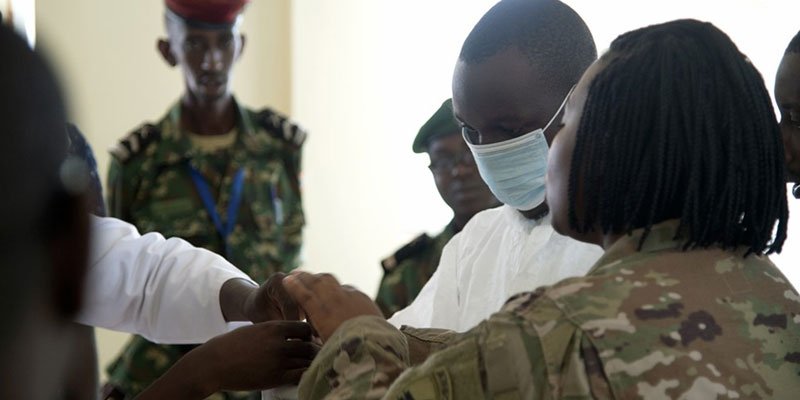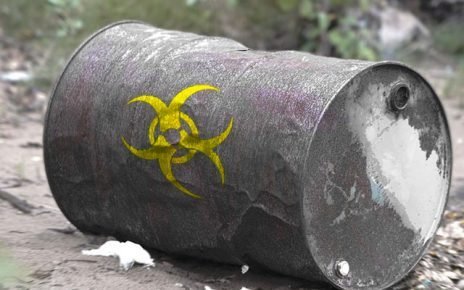Concerns are rising as the officials reported a second case of ebola-related death in Congo’s city of Goma.
The victim passed away on Wednesday after his condition worsened significantly the day before. He did not suspect he had Ebola prior to hospitalization, meaning he was contagious for days. The man, who was in his 40s, worked as a miner in the northeastern province of Ituri, where no signs of infection have been reported during this outbreak.
According to Dr. Michael Ryan (WHO Emergencies Chief), the victim caught the virus somewhere along the road from Komanda to Goma. During the 300-mile trip, he mainly used motor-taxis and traveled for several days through the active epicenter of the outbreak.
The man reached Goma on July 13, but the symptoms did not start to show before July 22. He stayed at home for five days before asking for medical help, and when he was finally admitted, Ebola was diagnosed. Ryan advised that his family and other people he had contact with be identified. They are to receive an experimental yet highly effective Ebola vaccine.
Nonetheless, the danger lingers that the disease may spread. Goma has a population of over 2 million people, is a major crossroad center, and has a busy international airport. Global support is vital because further transmission of Ebola must be prevented. Goma is right on the border with Rwanda, and the flow of people through the city is enormous.
Jean-Jacques Muyembe, the new Ebola Coordinator in Congo, said that there seems to be no visible connection between this death and the previous victim. He also advised that the man’s premises and the medical facility that treated him be disinfected and mentioned that there’s no room for panic.
WHO’s regional director, Matshidiso Moeti, is more reluctant to dismiss the potential dangers of the virus spreading to the neighboring countries. In Uganda, three people died, and their immediate family members were returned to Congo. The authorities declared the country disease-free, but the risks of another regional spread must not be ignored. The vaccination of the medical workers in Uganda, South Sudan, and Rwanda started weeks, if not months ago.
The first Ebola victim in Goma was confirmed in June. A preacher died after managing to bypass three health checkpoints on his way back from Butembo. The outbreak hit Butembo hard and is second only to the 2014 epidemics in West Africa, which took about 11,300 lives.
Ebola is transmitted by close-range contact with the bodily fluids of the infected. Seeking medical treatment immediately is crucial for survival. The symptoms begin from two days up to three weeks after the exposure. Many people who did not experience the epidemics do not believe that the disease is real. The health workers in Africa are pointing out to the necessity of educating the locals on the matter.
There is no officially licensed medication for ebola. The infected have the best chances of surviving if they get proper medical treatment on time. UN agencies have called out for assistance on all levels. The outbreak is marking its first year — it took 1,800 lives, and unfortunately, is showing no signs of weakening.




